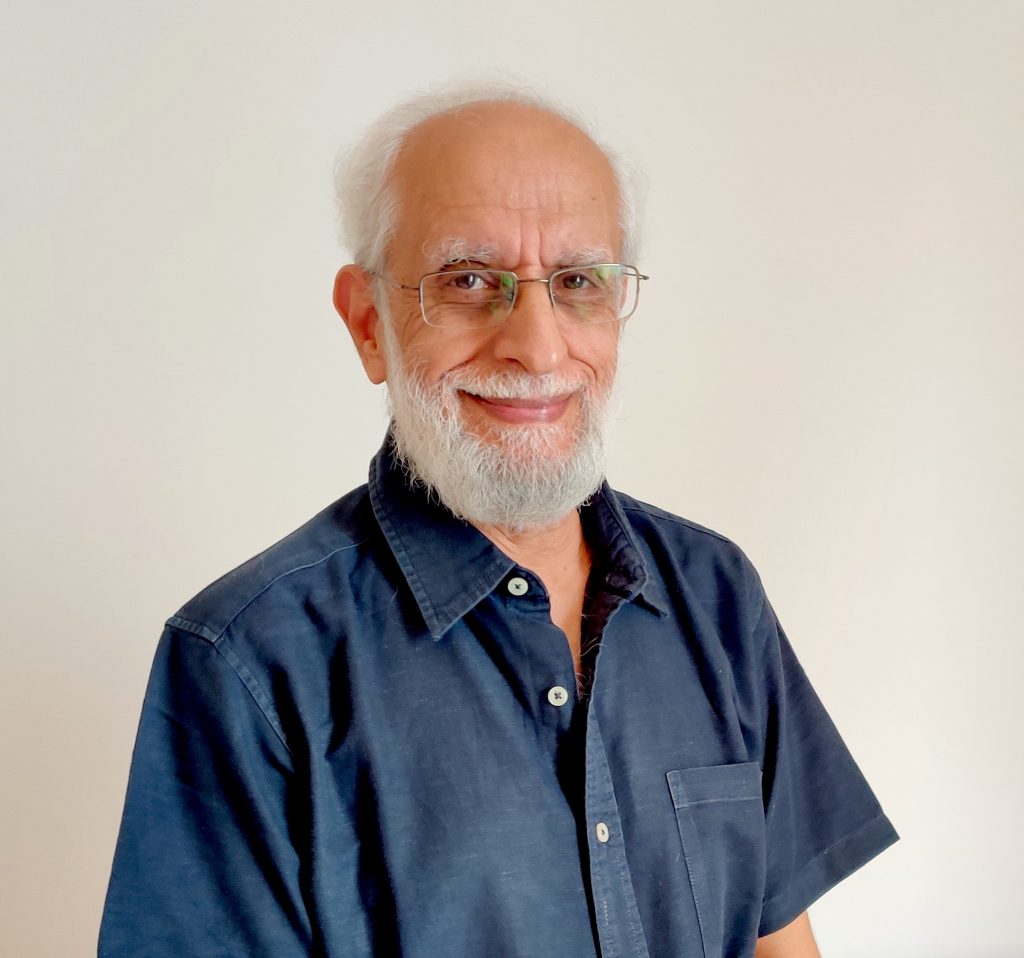Two Poems
Author’s Note
These poems were inspired by my brief stay of two months in 2007 as the Lady Davis Visiting Professor at the Hebrew University in Jerusalem. I found the university’s Mount Scopus campus so labyrinthine that I lost my way to my office every day. Security was very tight and many students were armed and vigilant. There were signs of daily tragedies everywhere; rumours of pain inflicted and retaliation. The grey surrounding hills, however, were fascinating. Some were bone-dry and rocky; others were covered with olive trees. Did some magi or nabi still hold conversations in those mountains with Death? Or, were there only ruins of old prophecies left in those mountains waiting for an archaeologist of poetry? The texts published here were written in an attempt to find out if Georg Seferis was right when he declared that “There are always but two parties—Socrates and his accusers.”
To acquire wealth: make the people prosper.
To make the people prosper: justice is the means.
O Kriti Narayana! They say that justice is the treasury of kings.
—Beddena Bhupaludu (1220–1280), a Telugu poet
In Praise of Those Who Search for Peace
Learn to predict a fire with unerring precision.
Then burn the house down to fulfill the prediction.
—Czeslaw Milosz, “Child of Europe”
On the day of a peace demonstration,
in the shadow of the security wall,
the burden of clearing the cinders left
behind from previous fires, becomes a
little less heavy.
“Idolatry,” they chanted, “is to look with
blank eyes in fear and without hope at
the face of another. Let this be the year of
dialogue with each other.”
And the soldiers behind stone walls
shot the singers and shot them again.
On the day of a peace demonstration,
the task of watering the fields, left
fallow from the days of curfews and
barbed wires, can be performed with
cupped hands.
“We never had the time to grow up,” they
pleaded at the school gates. “We were
forced out of childhood into a political life.
Give us back our childhood.”
And the soldiers behind stone walls
shot the school children and shot them
again.
On the day of a peace demonstration,
linked hands at check-points grow
from one and one and one, one and
two, one and three, one and four, one
and five, one and six, one and seven …
till a utopian circle is formed.
“I want to die a shahid,” he boasted. “I do
not want to die,” she said quietly.
And the soldiers from behind stone
walls shot them and shot them again.
On the day of a peace demonstration,
they recalled the rites of remembrance
and loss — for every exile knows the
sin of bones which lie bleaching in the
desert sands. And lovers across barbed
wires learn to recite this sacred rune:
“We should be enemies no more. We know
yes, we know why the gazelle whispered
to the morning breeze: ‘to me this desert is
beautiful, these barren hills are holy land.’”
And the soldiers from behind stone
walls shot the gazelle and shot it
again.
If Security Walls Could Protect
… the kingdom of heaven by the force of stone.
—A B Yehoshua
On the grey security walls crawling over the hills of Jerusalem
someone has painted over and over again in big, bold and red
letters with a brush plucked out of fire:
“Do justice, love mercy, walk humbly…”
Close your eyes in contrition, fold your hands in penance …
After another deportation from another exile in the desert merchants of vengeance shall arrive again with sacred syllables carved in charred wood smelling of gunpowder and the grave other gods shall pour wrath on Jerusalem lay waste all who dwell within its walls.
“This is an abomination,” shouted the young commander of the
special security forces standing on Zion’s hill.
“The Lord gave us at the beginning of time the right to break bones
and build our homes.”
In frenzy he commanded: “Let these walls be their gravestones.
Stop their keening with an iron fist.”
And he ordered the soldiers to write again and again in big, bold
and black letters with brands of burning tar:
“This is an abomination.”

Alok Bhalla, a widely published critic, translator, and poet, has taught courses on literature, cinema, and art in Indian and foreign universities. He received the Foundation of SAARC Writers and Literature Award in 2023. He is enchanted by the sound of words and the enigma of stories. His personal essay “A Secular Pilgrimage” appeared in Auteur Limits.
